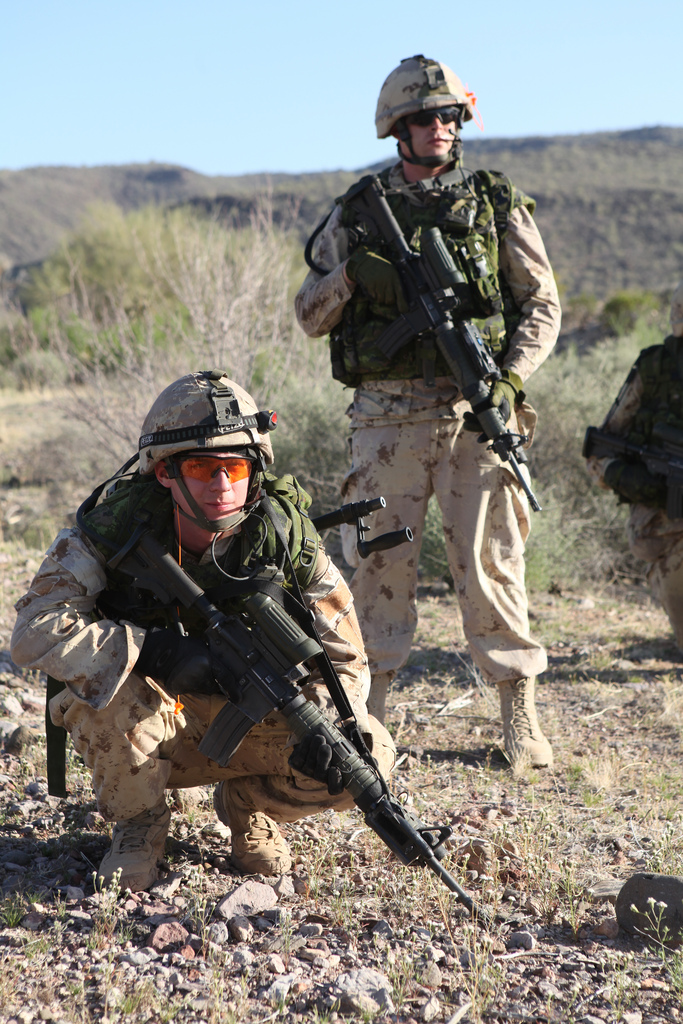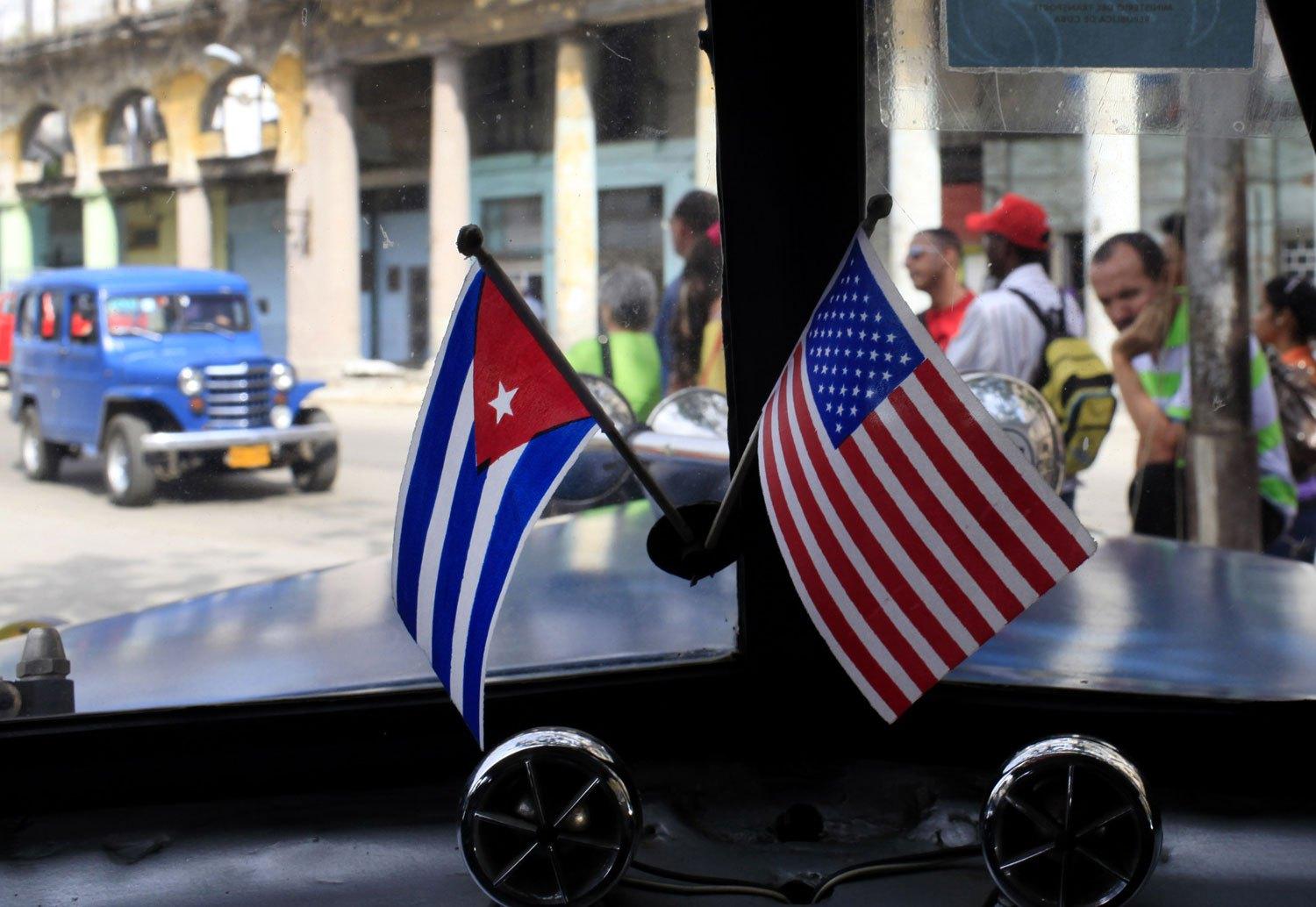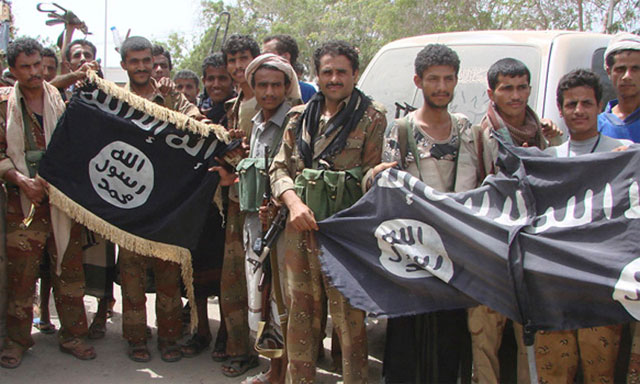Over the last decade the primary focus of Canada’s strategic activity has been to secure strategic economic partnerships with nations all over the world to achieve market diversification. What many do not know is that Canada has also been diversifying militarily by securing outposts around the world in order to maximize its operational capabilities. These outposts are officially known as ‘Operational Support Hubs’ (OSH). According to the Department of National Defense (DND) the “Canadian Joint Operations Command maintains operational support hubs in overseas locations to facilitate the movement of people, material, equipment and supplies to and from the various theaters of operations where its task forces are deployed”. The government has allocated half a million dollars towards this initiative. The objective is to make global military operations cost effective in the long term.
These OSHs are primarily placed in airports and seaports through different agreements with countries all over the world. They serve as almost ‘placeholders’ in order to maximize efficiency and prevent infrastructural barriers to global operations ranging from equipment to counter-terrorism. The DND has three levels of readiness for OSHs. (In order of activation)
- Caretaker Status – There is no staff activity at a caretaker OSH, simply infrastructure that can be activated as desired.
- Cadre Status – An OSH with ‘cadre status’ has up to ten staff and provides limited operational support.
- Full Activation Status – A fully activated OSH has whatever personnel needed to be able to staff missions/task forces that are occurring in the respective region.
An active OSH provides services such as local procurement, materiel movement, storage, personnel support, health services support, military police, engineer support, and communications.
There are currently several OSHs that are operational around the world including in Germany, Jamaica, and Kuwait. There are talks to establish another hub in Singapore. The plan is to have seven OSH facilities around the world. The Kuwaiti base was established in response to the United Arab Emirates’ terminating the Canadian base (known as Camp Mirage) agreement over commercial and diplomatic disputes.
In an increasingly connected world with high technology, long-term strategic terrorism, global conflict, and natural disaster, Canada’s decision to establish these bases is the correct one. The ability to rapidly and effectively respond to crisis wherever it may be is invaluable with regards to humanitarian assistance. Canada is simply positioning itself to assist an ever-changing world in ways that are cost-effective and appropriate.




